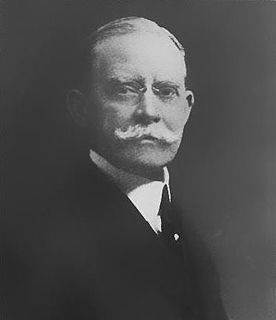A Quote by Henry Mintzberg
Corporations are social institutions. If they don't serve society, they have no business existing
Related Quotes
Our goal is not to assume leadership of existing institutions, but rather to render them irrelevant. We don't want to take over the state or change its policies. We want to render its laws unenforceable. We don't want to take over corporations and make them more 'socially responsible.' We want to build a counter-economy of open-source information, neighborhood garage manufacturing, permaculture, encrypted currency and mutual banks, leaving the corporations to die on the vine along with the state. We do not hope to reform the existing order. We intend to serve as its grave-diggers.
Corporations, consumers, and citizens must begin acting in concert to create a powerful third pillar of social transformation if we hope to meet the social challenges we currently face with equal force. This begins with corporations that choose to alter how they practice capitalism in two ways to serve the greater good.
In the early 1970s, Milton Friedman argued that corporations should not be socially responsible because they had no mandate to be; they existed to make money, not to be charitable institutions. But in the economy of the 21st century, corporations cannot be socially responsible, if social responsibility is understood to mean sacrificing profits for the sake of some perceived social good. That's because competition has become so much more intense.
In its pursuit of justice for a segment of society, in disregard of the consequences for society as a whole, what is called 'social justice' might more accurately be called anti-social justice, since what consistently gets ignored or dismissed are precisely the costs to society. Such a conception of justice seeks to correct, not only biased or discriminatory acts by individuals or by social institutions, but unmerited disadvantages in general, from whatever source they may arise.
Informal relationships are not mere minor interstitial supplements to the major institutions of society. These informal relationships not only include important decision-making processes, such as the family, but also produce much of the background social capital without which the other major institutions of society could not function nearly as effectively as they do.
But there is nothing idealized or romantic about the difference between a society whose arrangements roughly serve all its citizens (something otherwise known as social justice) and one whose institutions have been converted into a stupendous fraud. That can be the difference between democracy and plutocracy.































